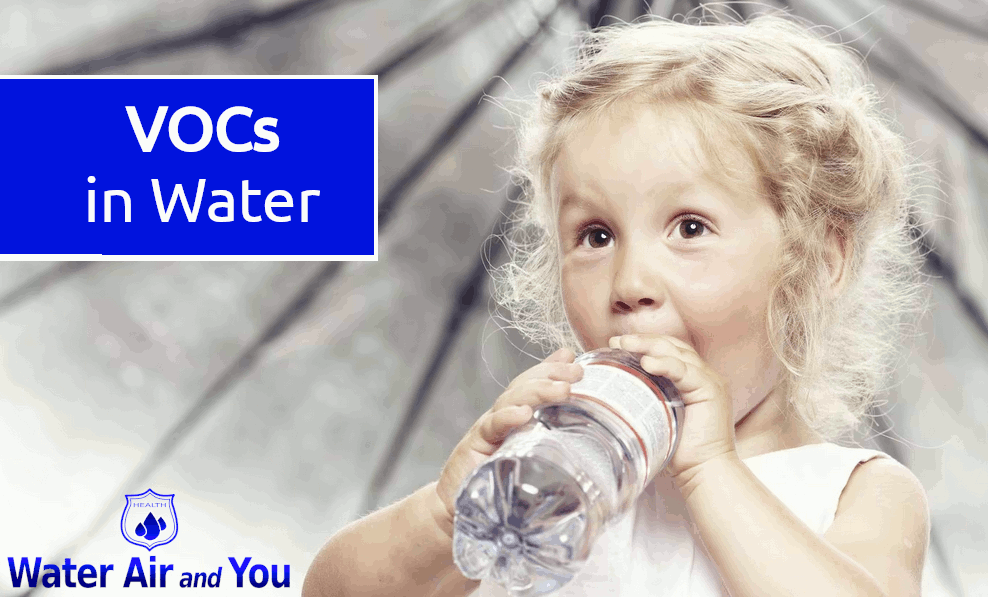What are VOCs and how do you remove them from your water?
Volatile Organic Compounds, or VOCs, are organic chemicals that have extremely low boiling points, causing them to become gasses and vapors very easily in their surroundings. VOCs are used to produce many common household products so our exposure to the chemicals is almost guaranteed. When products containing volatile organic compounds are used, they can vaporize into the air we breathe and dissolve into the water we drink. Airborne VOCs are usually found in higher concentrations indoors than outdoors. VOC’s can get into groundwater from spills and leaking underground tanks and are carried by the wind into surface waters.
SOME SOURCES OF VOCS IN DRINKING WATER
Paints, varnishes, stains, petroleum solvents
Pesticides
Water disinfection by-products
Automotive liquids, including motor oil
Dry cleaning wastes
VOCS IN WATER
Volatile organic compounds can enter water supplies when we use products containing the chemicals, through spills or underground leaks. Some VOCs are more common in well water supplies, while others tend to be in surface waters.
VOCS IN CITY WATER
Volatile Organic Compounds can be found in city water as a result of disinfection. When chlorine is used to kill harmful bacteria that can ause waterborne illness, a chemical reaction with other substances in the water can occur, forming VOCs, like trihalomethane.
The EPA requires municipal water suppliers to produce an annual Consumer Confidence Report detailing the water quality including potential contaminants, like VOCs, and their potential health effects. You can find your local Consumer Confidence Report using the EPA’s website.
There are other resources you can check for contaminants in your city water like Enviornmental Working Group’s (EWG) tap water database. The EWG database is broken down by location and has a list of contaminants, including VOCs, that can be found in tap water.
HOW DO YOU FIND OUT IF VOCS ARE PRESENT IN YOUR WATER?
If you have city water and want to know if your water could be affected by volatile organic compounds, you can check the Consumer Confidence Report provided by your municipal water supplier.
We also suggest having your water tested by a certified water professional or a water testing lab. It is the best way to determine if city water or a private water source contains volatile organic compounds or other contaminants.
WHY SHOULD I CARE ABOUT VOCS?
It is important to understand the risk of VOC exposure. Research suggests that prolonged exposure to high concentrations of VOCs in drinking water can have adverse effects on health.
HEALTH ISSUES LINKED TO VOCS
Central nervous system damage
Cancer
Kidney damage
Liver damage
WATER TREATMENT FOR VOCS
So how do you remove VOCs from water? There are several methods of water treatment that have been proven effective for the reduction of VOCs in drinking water. At Water Air and You, we provide filters and reverse osmosis drinking water systems that can be customized to reduce VOCs in water.



